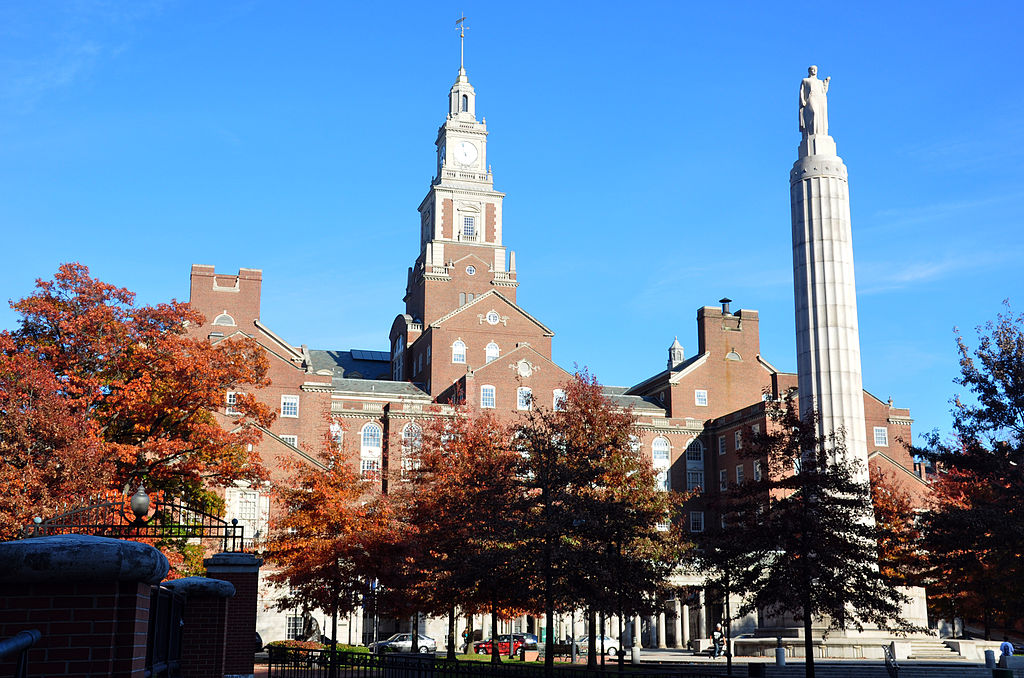
Harvard Law School professor Noah Feldman wrote an interesting article last week in Bloomberg about the Rhode Island Pension crisis. His main points are: 1) government has the right to modify contracts, even contentious pension contracts, when there is a threat to the public interest like fiscal insolvency; 2) elections provide the ultimate opportunity to hold politicians accountable, and 3) courts should respect the will of the majority and not block pension reform.
Feldman is reacting to the argument, made in court by union attorneys, that Rhode Island lawmakers violated the state’s contractual obligations when they reformed the pension system to save the state money. The state is arguing that the pension system is not a contract, but public policy, and the union’s suit should be dismissed.
Feldman’s arguments are persuasive, although there is a danger in marginalizing the courts. The court system has the ability to act as a check on overreach by the other branches. Feldman admits this, but says this power should be used to protect “vulnerable minorities against discriminatory legislation passed by the majority.” And while anti-union sentiment is not as odious as something like racial discrimination, there is still an obvious political agenda that exists to crush union power. This agenda might be couched in economic arguments about the inefficiencies of unions, but is usually an attempt by Republican politicians to limit the influence of unions, a traditional Democratic ally.
The courts are less accountable to the people than the other branches of government, but this puts them in a unique position to rule on issues of equity in politics and policy. As political parties consolidate their power through methods such as gerrymandering, and corporations are able to use campaign donations to influence policymaking, the courts remain as a backstop to decide contentious issues that adversely affect certain interest groups.
This is not to say that courts should strike down Rhode Island’s pension reform law. There is obviously a strong public interest in putting the state on the path to fiscal viability. Governor Chafee has signaled that he is willing to negotiate with the unions, which has been denounced by some as weak political pandering, but may be the best solution. In the meantime, the courts should show restraint, but not be afraid to step in to rule on issues of fairness, even when that fairness is uncomfortable to the majority.
